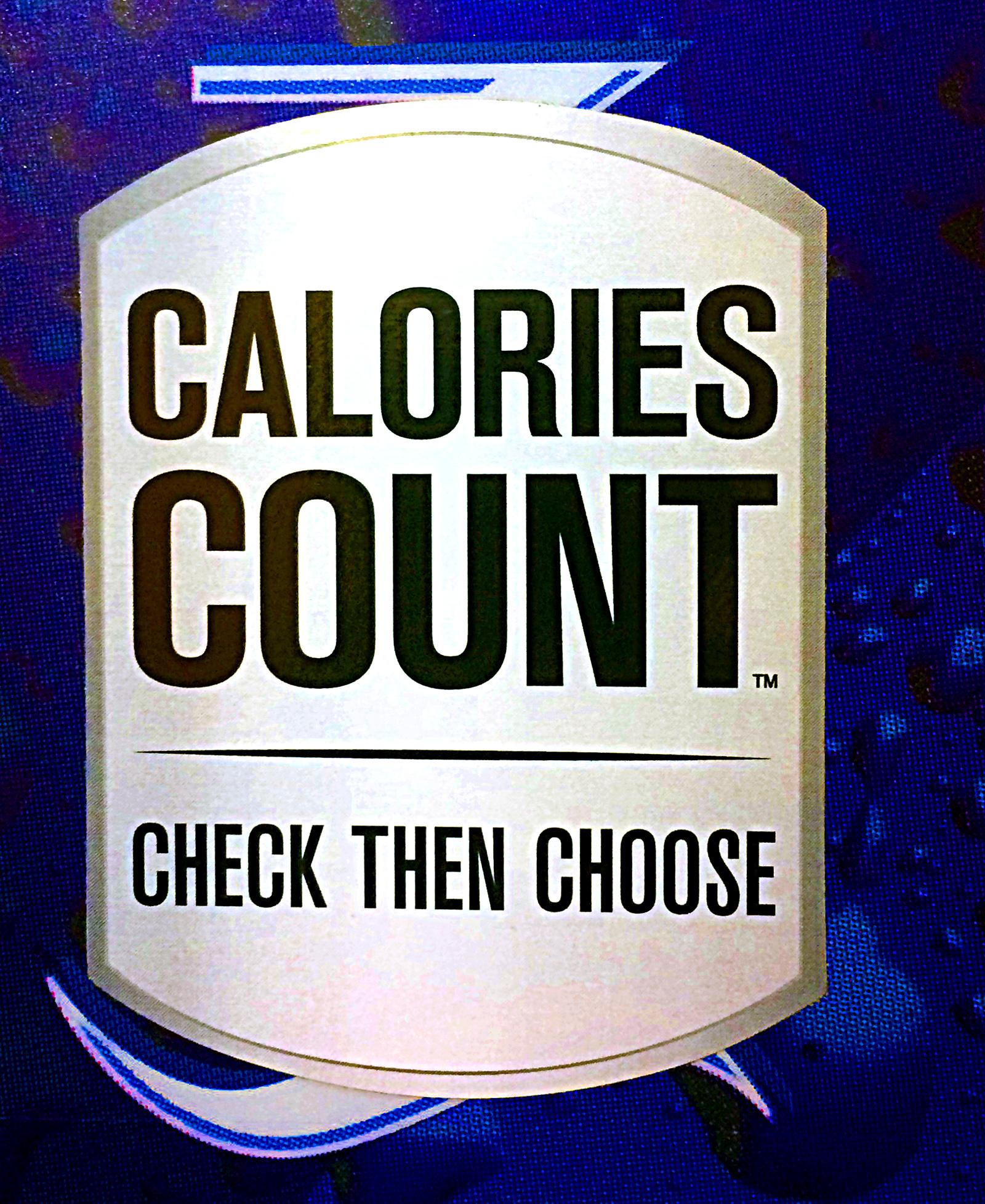Navigating the intricate world of nutrition and health can often feel overwhelming, especially when faced with conflicting advice. One common strategy that has gained popularity over the years is calorie counting. For some, it serves as a helpful tool to manage weight and ensure a balanced diet. For others, it can become an obsession, leading to unhealthy eating habits and a strained relationship with food. In this article, we will delve into the complexities of calorie counting, exploring its potential benefits and pitfalls. By understanding the nuances, you can make informed decisions that support not just your physical health, but your emotional well-being too. Let’s embark on this journey together, with empathy and insight guiding our way.
Understanding the Basics of Calorie Counting: What You Need to Know
Calorie counting is a method that involves tracking the number of calories consumed through food and beverages, with the goal of managing weight. It’s important to understand a few key concepts to effectively utilize this approach:
- Calories: The basic unit of energy provided by food. Your body needs a certain number of calories to function properly, and this varies based on factors like age, gender, and activity level.
- Basal Metabolic Rate (BMR): The number of calories your body needs at rest to maintain vital functions such as breathing and circulation. Knowing your BMR can help you determine how many calories you need daily.
- Caloric Deficit: Consuming fewer calories than your body needs to maintain its current weight, leading to weight loss. This should be done carefully to avoid nutritional deficiencies.
While calorie counting can be an effective tool for weight management, it’s essential to approach it with balance and mindfulness. Focusing solely on calorie numbers can sometimes lead to unhealthy eating patterns, such as under-eating or choosing low-nutrient foods simply because they are low in calories. Aim to incorporate a variety of nutrient-dense foods to ensure you’re getting the vitamins and minerals your body needs. Remember, the quality of your diet is just as important as the quantity of calories consumed.

Exploring the Benefits: How Calorie Counting Can Aid in Weight Management
When utilized mindfully, calorie counting can offer a structured approach to weight management that empowers individuals to make informed food choices. By tracking caloric intake, one can gain a deeper understanding of their eating habits and identify areas for improvement. This method can help in maintaining a balanced diet by highlighting the nutritional value of different foods, encouraging healthier selections.
- Increased Awareness: Understanding the calorie content of foods leads to more conscious eating.
- Better Portion Control: Monitoring calories can help in managing portion sizes, reducing the risk of overeating.
- Goal Setting: Helps in setting realistic dietary goals and tracking progress effectively.
- Balanced Diet: Encourages the inclusion of nutrient-dense foods, fostering overall well-being.
While calorie counting has its benefits, it’s crucial to approach it with a balanced mindset to avoid potential pitfalls like obsessiveness or restrictive eating. Emphasizing the quality of calories consumed rather than just the quantity can lead to sustainable and healthy eating habits.

Recognizing the Risks: When Calorie Counting Turns into an Obsession
While calorie counting can be an effective tool for weight management, it’s crucial to be aware of the fine line between mindful eating and obsession. Obsession with calorie counting can lead to several unhealthy behaviors, such as:
- Food Anxiety: Constantly worrying about the caloric content of every meal can create an unhealthy relationship with food, where enjoyment and nourishment are overshadowed by stress.
- Disordered Eating Patterns: Strict calorie limits might lead to extreme dietary restrictions, resulting in nutrient deficiencies and disordered eating habits like bingeing or purging.
- Social Isolation: Avoiding social events or meals out of fear of not being able to control calorie intake can lead to feelings of loneliness and isolation.
Recognizing these risks is the first step in preventing calorie counting from becoming a harmful obsession. Balance and moderation are key to maintaining both physical and mental health.

Finding Balance: Practical Tips for Healthy and Mindful Eating
Striking a balance between being mindful of your calorie intake and maintaining a healthy relationship with food can be challenging. While calorie counting can help you become more aware of what you’re consuming, it can sometimes lead to obsessive behaviors and unhealthy eating patterns. Here are some tips to navigate this delicate balance:
- Focus on Nutrient-Dense Foods: Instead of fixating on numbers, prioritize whole, nutrient-rich foods like fruits, vegetables, lean proteins, and whole grains.
- Listen to Your Body: Pay attention to hunger and fullness cues. Eating when you’re hungry and stopping when you’re satisfied can help you maintain a healthy weight without the need for meticulous tracking.
- Practice Mindful Eating: Take the time to savor your meals, chew slowly, and appreciate the flavors and textures. This can improve digestion and help you feel more satisfied with less food.
- Set Realistic Goals: Instead of aiming for rapid weight loss, focus on sustainable habits that promote long-term health and well-being.
- Be Kind to Yourself: Remember that perfection isn’t the goal. Allow yourself the flexibility to enjoy your favorite treats in moderation without guilt.
By adopting these practices, you can foster a healthier relationship with food and avoid the pitfalls of obsessive calorie counting. Ultimately, the key is to find a balance that works for you and supports your overall well-being.





